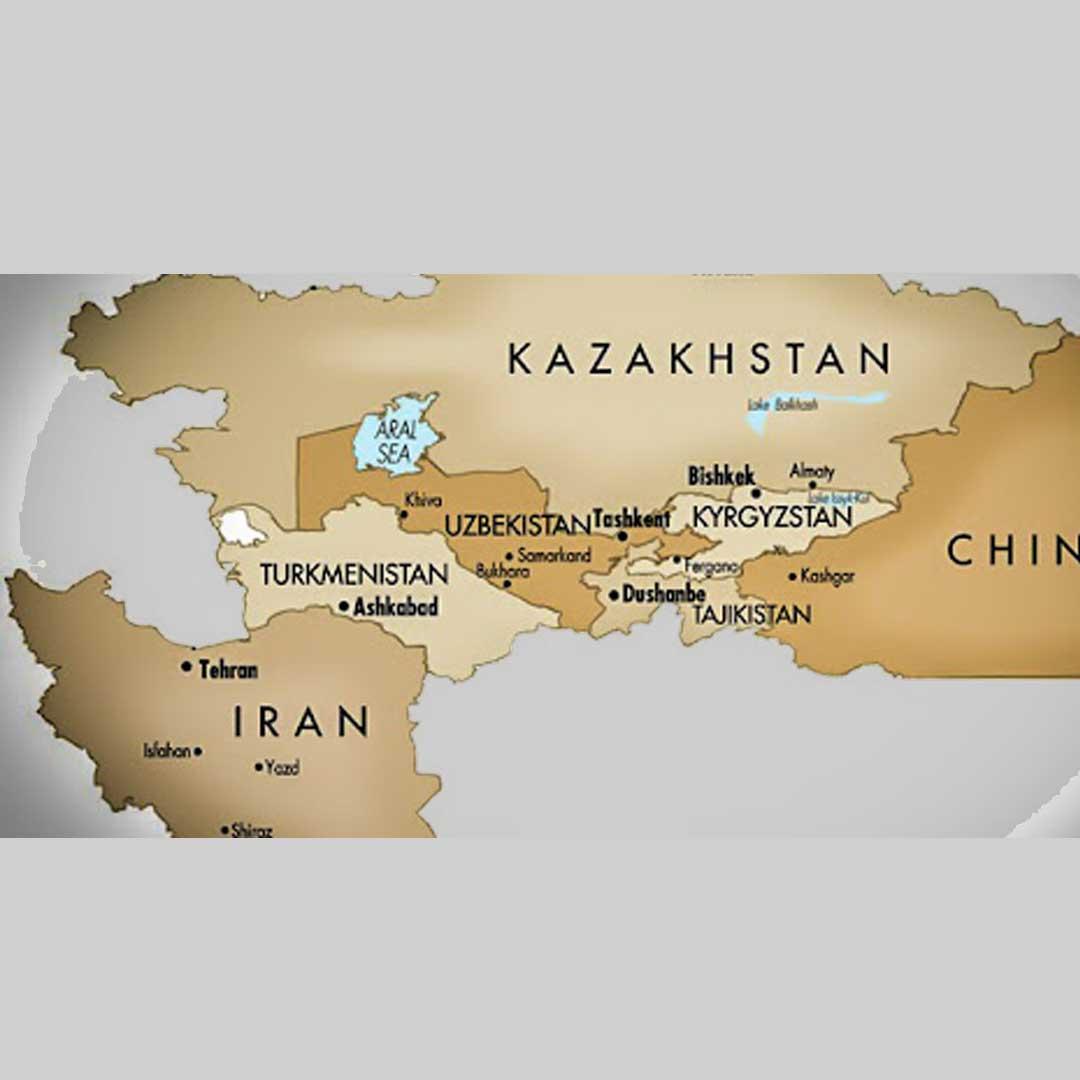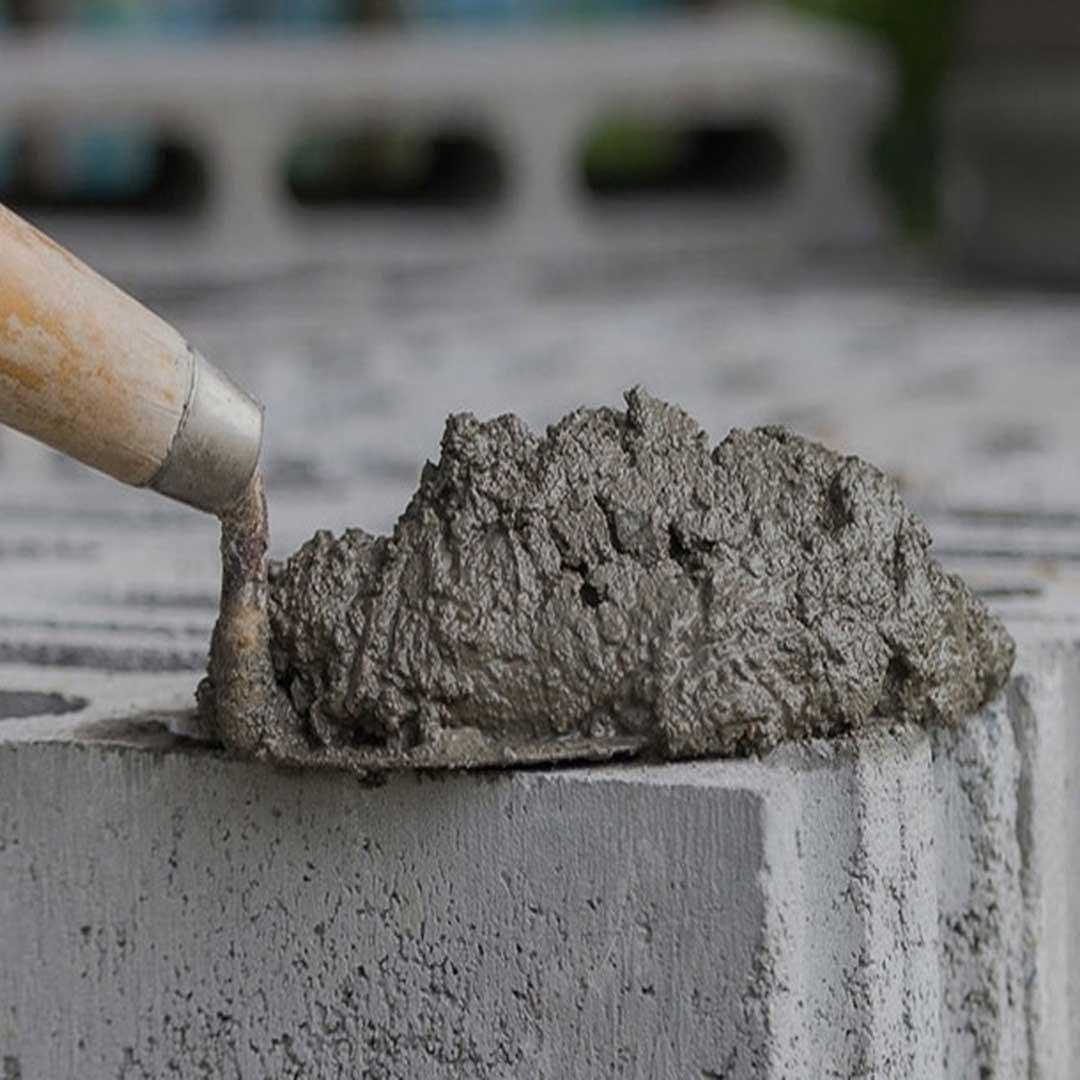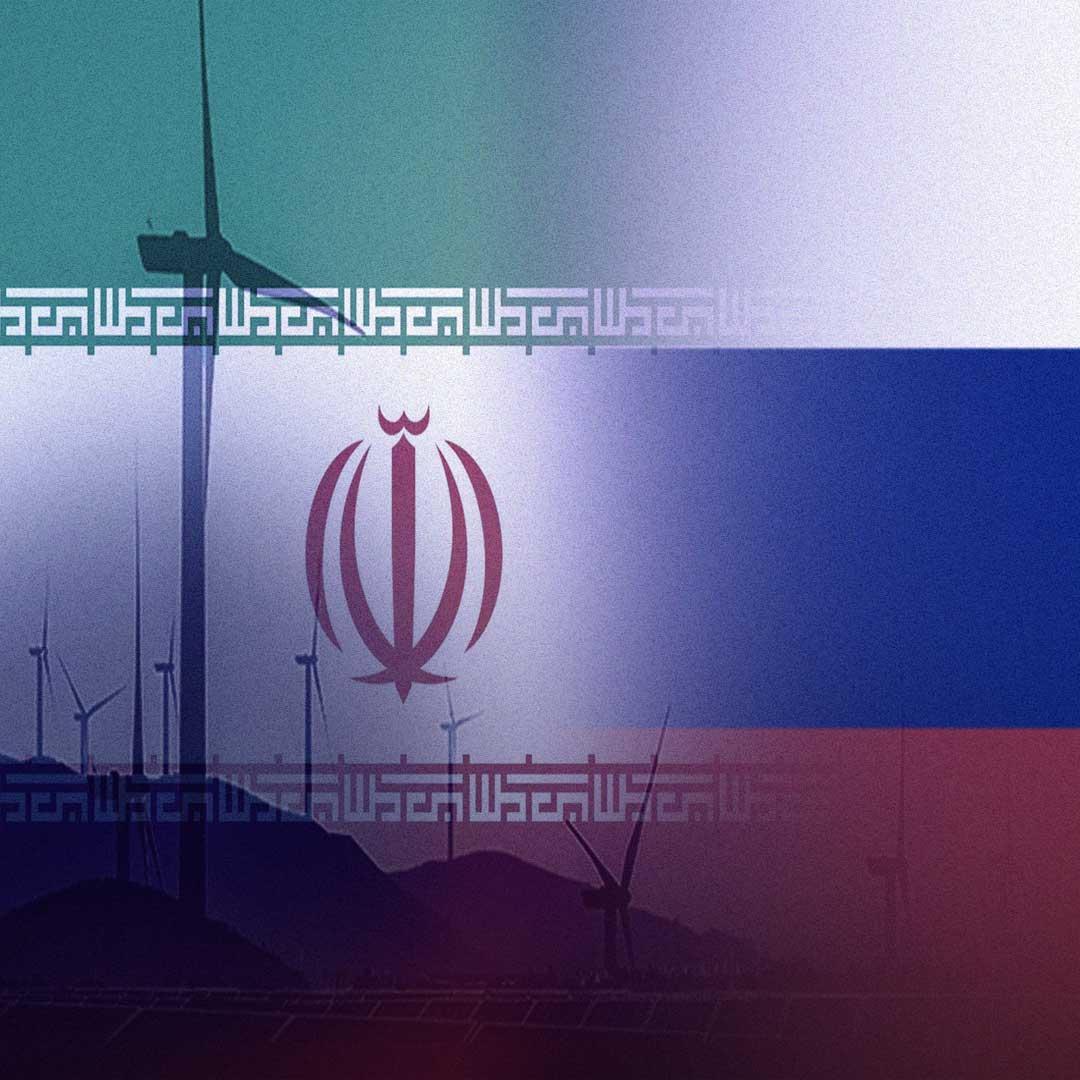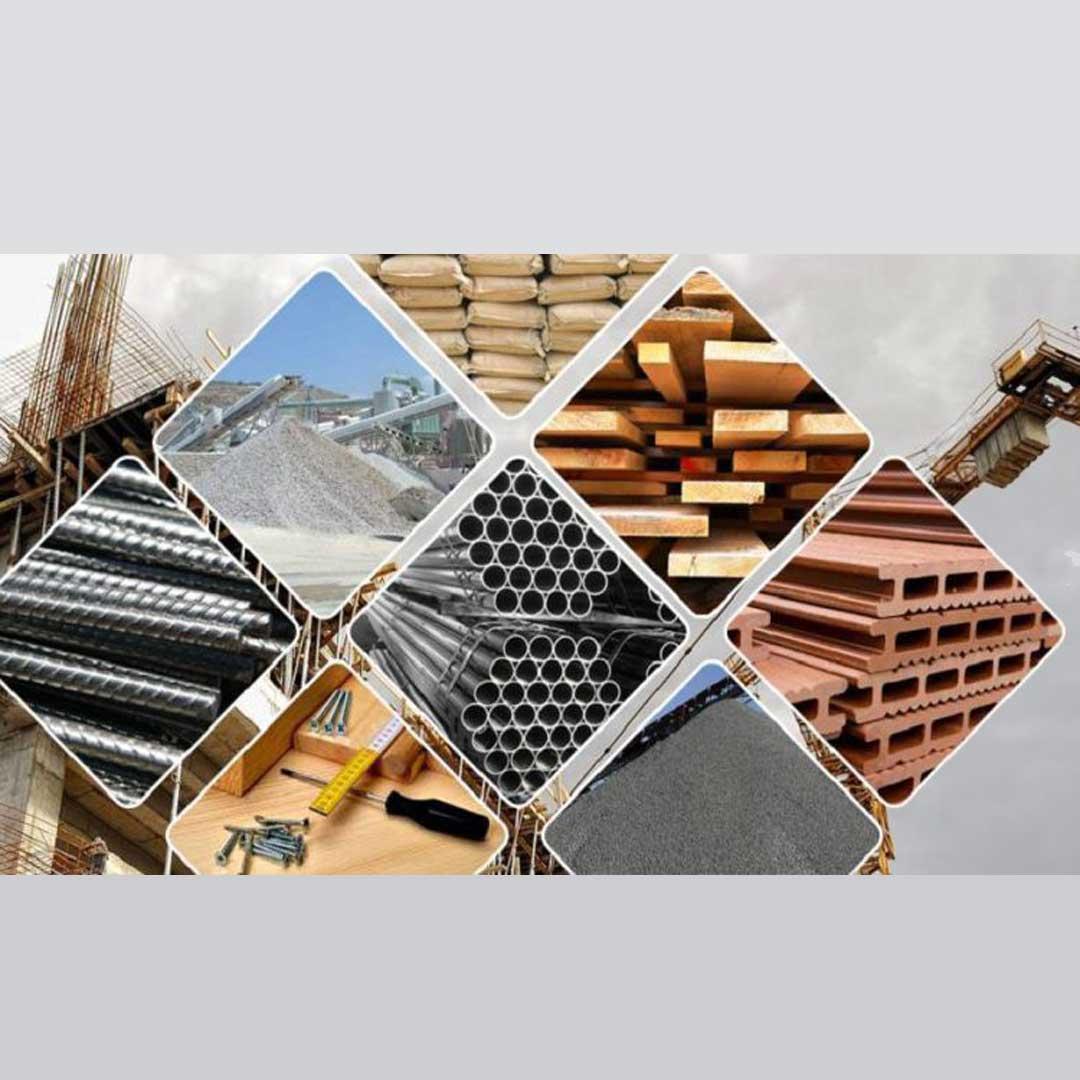Iran, a major Middle East producer of steel, cement, tiles, ceramics, and natural stones, exports to Central Asia. The A...
Iran Construction Materials Export to Afghanistan
Export of Iranian Construction Materials to Afghanistan
Iran is one of the leading producers of construction materials in the region. With abundant mineral resources, strong industrial infrastructure, and decades of experience in manufacturing cement, steel, gypsum, tiles, ceramics, and other building materials, Iran has established itself as a key exporter in the Middle East and Central Asia.
Among its export destinations, Afghanistan stands out as a strategic and long-term market for Iranian construction materials. In recent years, Afghanistan has seen significant demand for housing, infrastructure, and urban development projects, creating a growing market for construction supplies. Thanks to geographical proximity and competitive pricing, Iran remains one of the main suppliers to this neighboring country.
Current Status of Iran’s Construction Material Exports to Afghanistan
Afghanistan has traditionally been one of the steady and reliable markets for Iranian construction materials. A wide range of products such as cement, iron, gypsum, steel, tiles, ceramics, and glass are exported from Iran to Afghanistan every year.
| Indicator | Value / Description | Year / Period |
|---|---|---|
| Total value of Iran’s exports to Afghanistan | Around USD 1.65 billion (all goods) | 2022 |
| Share of iron & steel products | About USD 39.53 million | 2022 |
| Other metal goods (pipes, profiles, steel articles) | About USD 14.69 million | 2022 |
| Export of cement, gypsum, iron (Dogharoon Customs) | Over 100,000 tons | 2023 (Iranian year 1402) |
| Iran’s non-oil exports to Afghanistan | Over USD 724 million (first 4 months), 28% growth YoY | 2024 (Iranian year 1403) |
Advantages of Iran in Supplying Afghanistan’s Market
- Geographical proximity → Long land borders reduce transport costs and delivery times.
- Competitive pricing → Iranian products are more affordable compared to distant imports.
- Diverse and high-quality production → Cement, gypsum, steel, tiles, ceramics, and glass at various grades.
- Cultural and linguistic similarities → Easier negotiations and smoother business relations.
- Strong export experience → Iranian exporters are already familiar with Afghan market dynamics.
Challenges in Exporting to Afghanistan
- Political and security issues affecting trade flows.
- Competition from other countries such as Pakistan, Turkey, and China.
- Banking and payment restrictions due to sanctions.
- Weak transport infrastructure in Afghanistan leading to higher costs and delays.
The Role of Abrisham Road International B2B Platform
The Abrisham Road International Platform, as the first B2B platform in Iran, plays a crucial role in facilitating the export of Iranian construction materials to Afghanistan. By providing a digital marketplace, it connects Iranian producers directly with Afghan buyers, making trade more transparent, efficient, and cost-effective.
Key Benefits of Abrisham Road B2B Platform
- Direct connection between Iranian exporters and Afghan buyers without intermediaries.
- Digital product showcasing for cement, gypsum, steel, tiles, ceramics, and glass.
- Reduced marketing costs with targeted access to verified buyers.
- Trade authenticity and verification through credibility checks.
- Bulk order management and long-term contract opportunities.
- Market insights and consulting to support exporters’ strategies.
Conclusion
Afghanistan is one of the most important target markets for Iranian construction materials. Growing demand for housing and infrastructure, coupled with Iran’s strong production capacity, creates major opportunities for sustainable cooperation.
In this context, the Abrisham Road International B2B Platform has emerged as a game-changer, offering exporters and buyers a modern solution for transparent and efficient trade. With the expansion of digital platforms, Iran’s construction material exports to Afghanistan are expected to increase significantly in the coming years.




